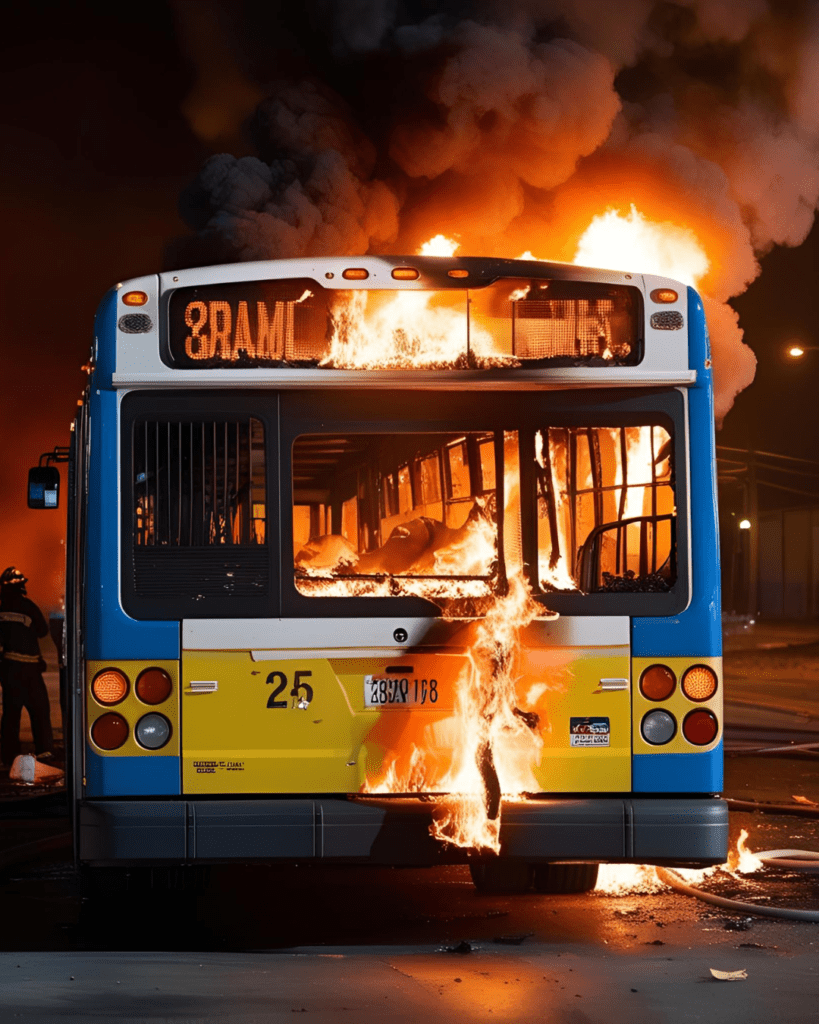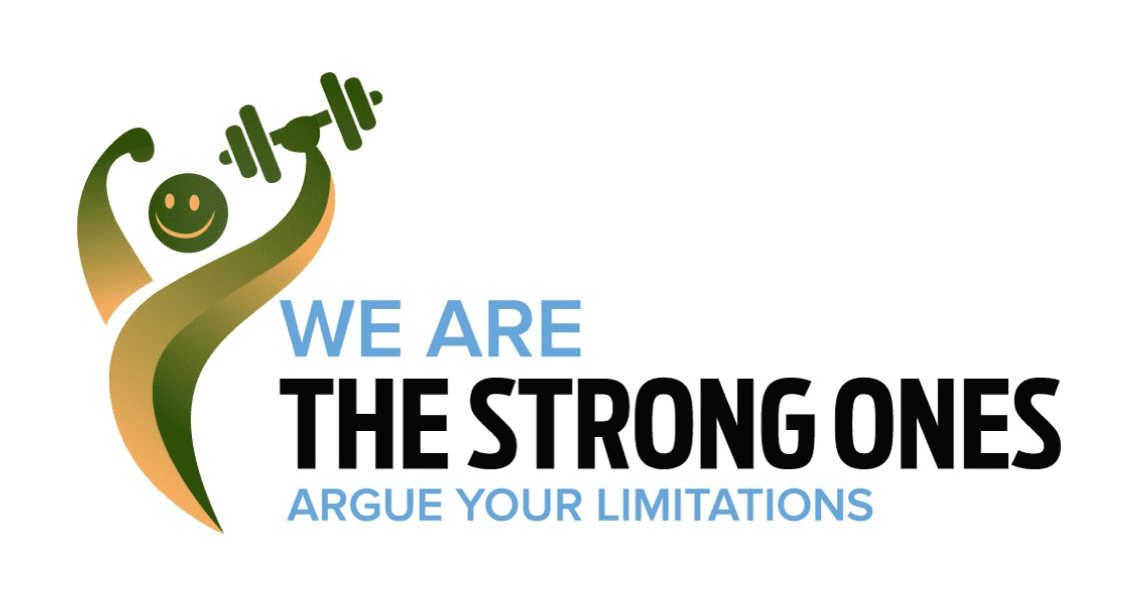When the Heat is On—How People REALLY React in a Crisis
There was no time to think—only to act. The rear of my bus was smoking, the engine seconds away from bursting into flames. I was on a hill, barely any room to maneuver, and I had a wheelchair passenger onboard. The heat was on, this was a real-life crisis.
I grabbed the microphone and yelled, “Emergency stop! Everyone get out! Get away from the bus!” Smoke thickened, creeping through the vehicle. I lowered the bus, extended the ramp, and shouted for help. “I need help with the chair!”

Most passengers bolted. One man froze, panicking. Another finally responded to my plea, struggling to release the wheelchair. The passenger trapped in it was screaming in terror. My heart pounded. The fire was spreading. “Get in here NOW!” I ordered someone outside. He jumped in, and together, we freed the wheelchair and got everyone to safety.
Minutes later, the bus was engulfed in flames— and within minutes, it burned to the ground.
And then, from the crowd, I heard it. A voice dripping with indifference. “Why didn’t you just leave the [expletive] on the bus?”
I’ll never forget that moment.
The Truth About Crisis Reactions
In emergencies, people don’t consciously decide how to act. They react. Some fight—taking charge, helping, doing whatever it takes. Some flee—running for their lives, shutting down responsibility. Some freeze—stuck in a loop of panic, unable to think clearly.
This isn’t just about life-or-death moments like a burning bus. We see the same reactions in everyday conflicts. Have you had a heated argument where someone exploded in anger while another person walked away? Sometimes when are faced with a difficult decision and felt paralyzed, we are unable to act, has this happened to you?
Same instinct. Different crisis.
Are We Stuck in Our Default Reactions?
If someone reacts with anger in a crisis, chances are they handle personal conflicts the same way. If someone avoids danger, they might also avoid hard conversations. The way we handle fear shows up everywhere.
Awareness can change everything. When we recognize our patterns, we can train ourselves to respond differently.
Think about first responders. They train over and over for emergencies, so when a crisis happens, they don’t just react—they respond. We may not all be firefighters or paramedics, but we can train our minds the same way.
What’s Your Crisis Instinct?
We don’t know how we’ll respond to an emergency until we’re in one. But we do know how we handle pressure, fear, and stress in our daily lives.
🚨 Do you tend to fight, flee, or freeze in conflict? 🚨 Have you ever surprised yourself with how you handled a crisis? 🚨 What have you learned from moments when fear took over?
Drop a comment below—I’d love to hear your thoughts.
Because when the heat is on, who we really are comes to the surface.
